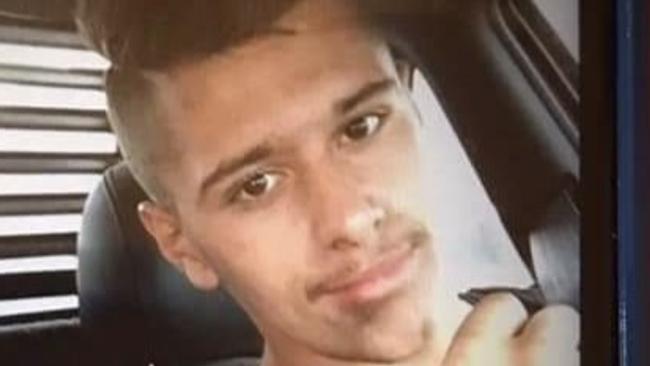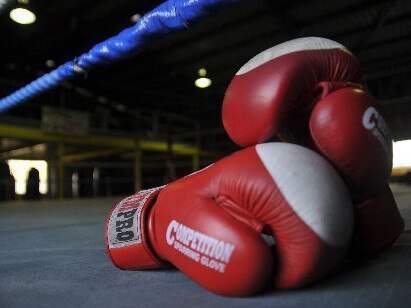Coroner finds teen boxer George Diamond’s death may have been able to be prevented
George Diamond passed out at boxing training. Months later, he died of a haemorrhage – but a coroner has found his death may have been prevented.

Police & Courts
Don't miss out on the headlines from Police & Courts. Followed categories will be added to My News.
A doctor refused a brain scan to a young injured boxer who later died of a haemorrhage after a second GP approved his return to the sport without making proper medical assessments, a Coroner has found.
Pearcedale teen George Diamond passed out after a sparring session at Sting Gym in Cranbourne West and later died in hospital in February 2019.
The 18-year-old had suffered a concussion after repeated blows to the head while in the ring almost four months earlier.
He went to Frankston Hospital and his local GP twice complaining of headaches and dizziness but was sent away without receiving scans which could have revealed the extent of trauma to his brain.
An inquest into his death by State Coroner Judge John Cain found Mr Diamond’s death was preventable, pointing to faults with medical decisions made by two doctors who saw Mr Diamond after his initial head injury.

Mr Diamond’s father Vic told the court he “begged” Frankston Hospital emergency department Dr Yigal Reuben to perform a CT scan on his son when he presented on November 5 with worsening headaches, dizziness and vomiting that day.
However the request was denied by Dr Reuben who deemed the scan unnecessary.
Judge Cain said that decision was wrong and Mr Diamond may still be alive today if he underwent the scan.
“The weight of the evidence supports the conclusion Dr Reuben should have ordered a CT scan,” Judge Cain found.
“It is more likely than not it would have revealed that George had a subdural haematoma. In this regard, I find that this was a missed opportunity to prevent George’s death, as I consider it unlikely that, had George and his family been aware that George was suffering from a severe head injury, he would have returned to sparring or boxing in the future.”
Judge Cain was also critical of Pearcedale Medical Centre Dr Pejman Hajbabaie for his conduct and care of Mr Diamond.

The inquest heard the GP kept inadequate notes of consults with the teen and that it would have been “prudent” for him to recommend Mr Diamond undergo a CT scan or MRI or advise he do so if his symptoms worsened.
However his worst misstep was signing a certificate for Mr Diamond to return to boxing.
The inquest heard Dr Hajbabaie did not ask about the amateur boxer’s symptoms or refer to notes from previous medical appointments before signing off on the teen’s return to boxing on January 25.
Less than a month later, at a gym sparring session, Mr Diamond collapsed and was rushed to the Alfred Hospital where emergency surgery to relieve pressure on his brain was unsuccessful and he died.
Judge Cain recommended authorities such as the Royal Australian College of General Practitioners consider developing mandatory training for practitioners in relation to providing medical clearance to those injured in boxing and combat sports.
He also called for a review of the regulatory structure of the Victorian Amateur Boxing League to examine ways it could do more to reduce concussion risks.
“I convey my sincerest sympathy to George’s family for their loss,” Judge Cain concluded.




